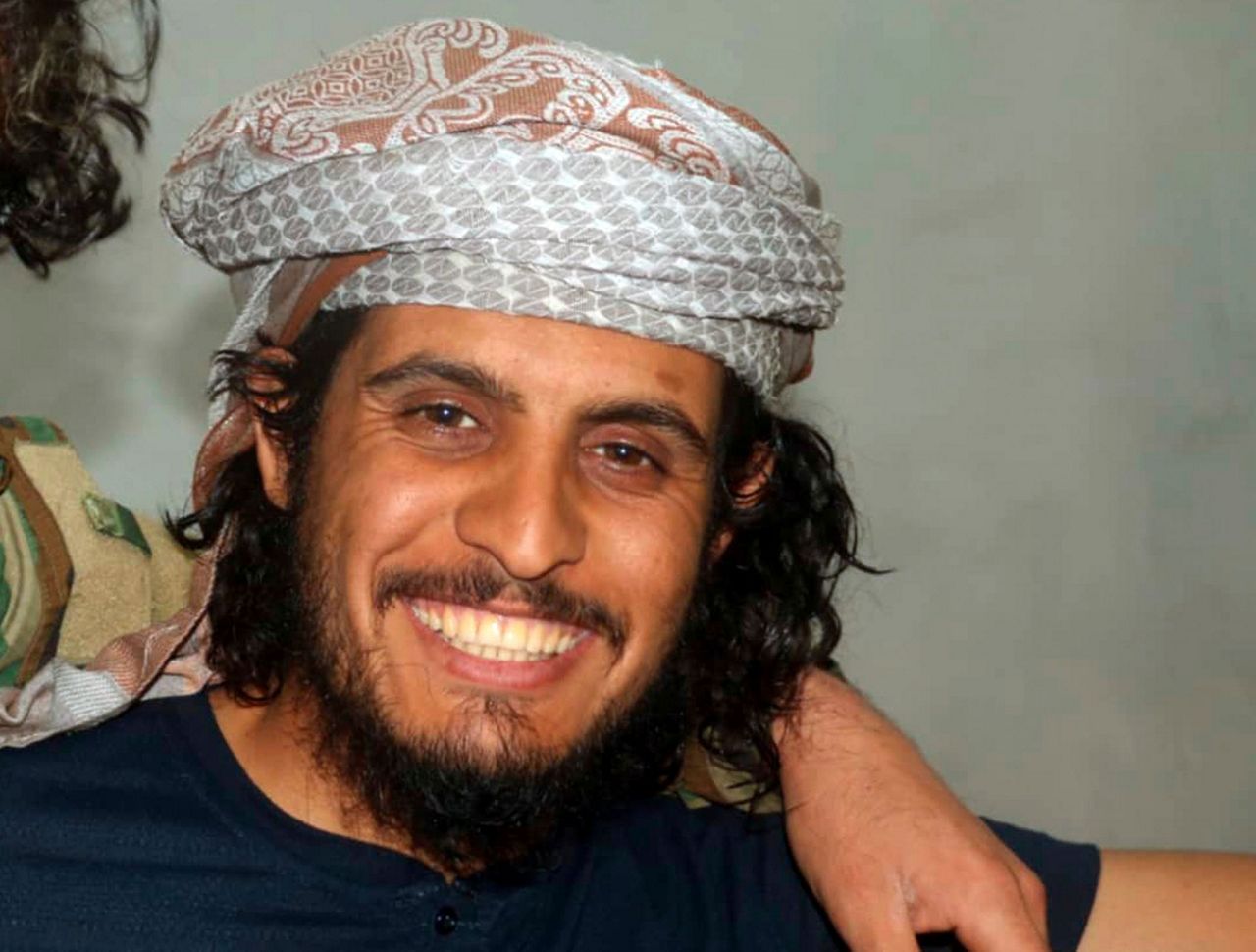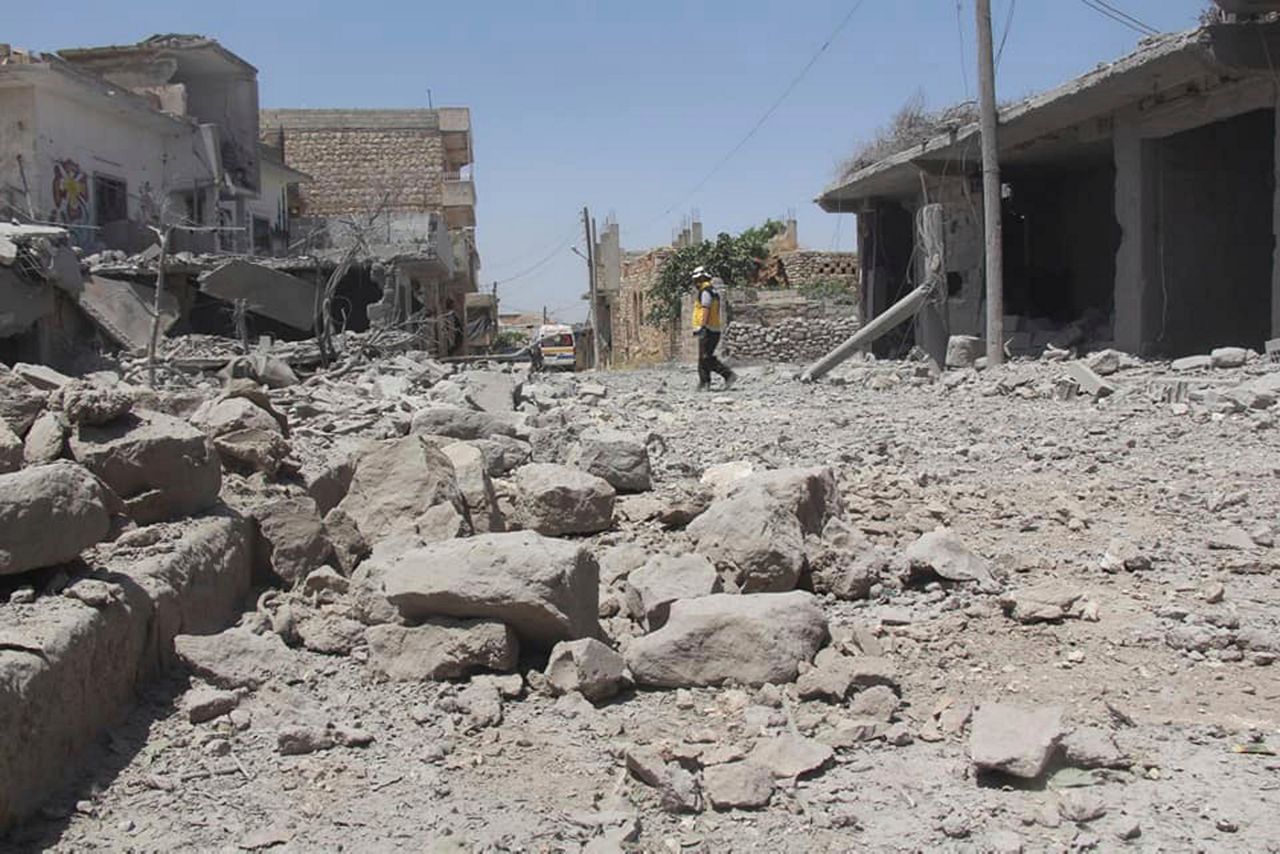BEIRUT (AP) — A Syrian soccer goalkeeper who became an icon of the rebellion against President Bashar Assad has died of wounds suffered in a battle with government forces, the rebels said Saturday.
Abdelbaset Sarout, 27, rose to fame as a player for his home city of Homs and won international titles representing his country. When peaceful protests broke out against Assad in 2011, Sarout led rallies and became known as the "singer of the revolution" for his songs and ballads.
Following the arc of the Syrian uprising, Sarout later took up arms as the country slid into civil war. He led a unit of fighters against government forces and survived the government siege of Homs. The government declared Sarout a traitor, banning him from soccer and offering a reward for information leading to his arrest.
He remained an icon among Syria's opposition as the rebellion came to be dominated by hard-line Islamist groups. Many activists and rebels came to refer to him as the "guardian of freedom," a play on the Arabic word for goalkeeper.
"He was both a popular figure, guiding the rebellion, and a military commander," said Maj. Jamil al-Saleh, leader of Jaish al-Izza rebel group, in which Sarout was a commander. "His martyrdom will give us a push to continue down the path he chose and to which he offered his soul and blood as sacrifice."
Fighting has escalated in northwestern Syria, the last major rebel stronghold, since April. More than 300 people have died and 300,000 have been displaced as troops have pushed into the rebel enclave.
Cpt. Mustafa Maarati, the spokesman for Jaish al-Izza, said Sarout died from wounds sustained two days earlier while fighting in the northern Hama province. Maarati said he was wounded in the leg, stomach and hand, and died in a hospital in Turkey. Turkey supports the Syrian opposition.
Sarout was among hundreds of rebel fighters who were evacuated from Homs in 2014 after a suffocating government siege ended with a surrender deal and a cease-fire. Two of his brothers died in the fight for Homs. Two other brothers and his father were killed earlier in the war.
In Jaish al-Izza, he led a unit named after his hometown. He repeatedly denounced rebel infighting and called on Syrians to unite against government forces.
In a recording in 2015, Sarout denied he had joined any of the radical groups that proliferated in Homs and northern Syria as the war dragged on. But like many rebels, he adopted more religious references in online videos after initially sticking to nationalist themes. He had recently appeared in a video from Hama saying he would fight as though it were his hometown.
Copyright 2019 The Associated Press. All rights reserved. This material may not be published, broadcast, rewritten or redistributed.




